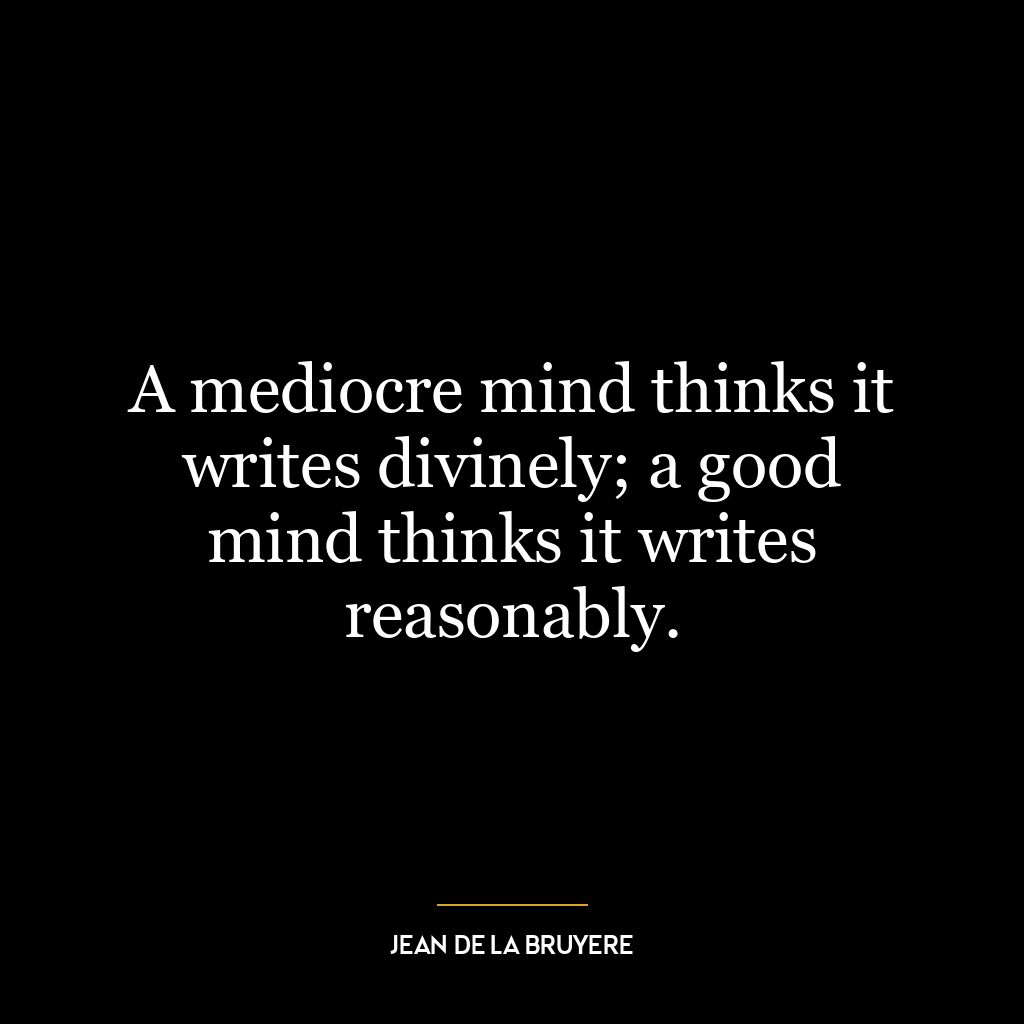The quote, “What is read twice is usually remembered more than what is once written,” essentially emphasizes the power of repetition in memory retention. It implies that reading something multiple times can significantly increase the likelihood of remembering it compared to just writing it down once. The act of reading repeatedly involves active engagement with the material, thereby reinforcing neural pathways associated with the information being processed and enhancing its recall.
In terms of depth, this quote underscores the cognitive psychology principle that repetition strengthens memory traces. By re-reading information, we are effectively rehearsing it, which aids in transferring it from our short-term to long-term memory. This process is known as consolidation.
From another perspective, this quote also highlights how passive activities such as writing something down once might not be sufficient for effective learning or memorization. Active participation and engagement are key elements in making information stick.
Applying this idea to today’s world or personal development could involve several strategies:
1) In education: Students could benefit from revisiting their notes multiple times rather than relying on a single reading session before an exam.
2) In professional settings: Employees undergoing training could improve their performance by repeatedly reviewing relevant materials.
3) Personal growth: Individuals seeking self-improvement might find value in re-reading inspirational books or messages to reinforce positive attitudes and behaviors.
4) In technology: The rise of digital platforms has made repetitive exposure to content easier than ever before – think about how often you come across repeated posts on social media platforms like Facebook or Instagram.
In essence, Samuel Johnson’s quote may serve as a reminder for us all – whether we’re students trying to learn new material or professionals striving for success – that repeated exposure and active engagement with information can significantly enhance our ability to remember and apply it effectively.















